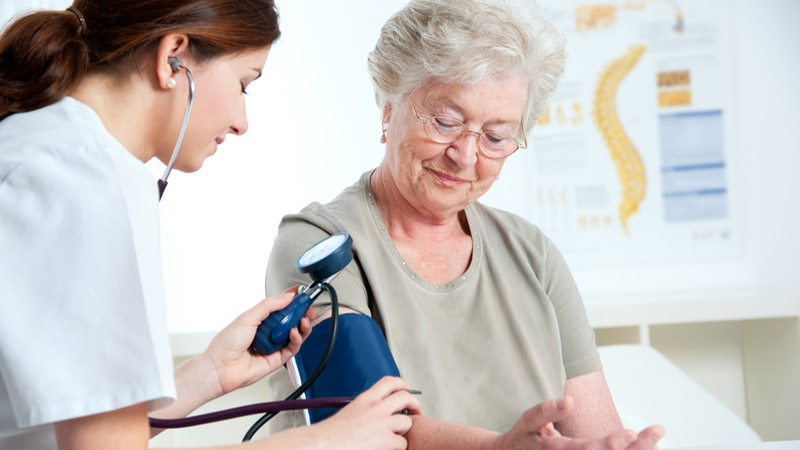Recent research found a connection between commonly given blood pressure medication and an elevated chance of sudden cardiac death. The European Sudden Cardiac Arrest network performed the research, which encouraged doctors and patients to use the drug with increased caution.
Sudden cardiac arrest is a situation in which the heart stops pumping suddenly, resulting in a lack of blood supply. This condition is responsible for roughly half of all cardiac deaths in Europe and one in every five natural deaths.
Abnormal or absent breathing and lack of awareness are symptoms of sudden cardiac arrest. It can rapidly lead to mortality if left untreated. Researchers investigated whether two widely used drugs, nifedipine and amlodipine, used for treating high blood pressure, and chest pain, were linked to sudden cardiac arrest.
They analyzed data from the Amsterdam Resuscitation Studies register in the Netherlands, which included 2,503 cases and 10,543 healthy people.
They found that high dosages of nifedipine (60 mg/day) were linked with an increased chance of sudden cardiac death. Amlodipine, on the other hand, was not linked to sudden cardiac death.
The analysis of 8,101 cases and 40,505 subjects in the Danish Cardiac Arrest Registry supported the researchers’ results. The results are unexpected, considering that both medications have been used safely in a large number of patients for many years.
Previous studies had not discovered this connection, which could be attributed to the difficulties in researching sudden cardiac arrest due to its rapid growth. The study team has called for additional studies to confirm their results before doctors or patients take action.
The research highlights the importance of exercising greater caution when administering high-dose nifedipine to individuals with high blood pressure. The study’s results have significant consequences for both doctors and patients.
While high blood pressure is a prevalent problem and nifedipine is a commonly used medication to treat it, it is critical to be informed of the possible risks involved with this medication. While taking nifedipine, patients with high blood pressure should be vigilant and carefully observe their symptoms.
They should also consult a doctor if they have chest discomfort, loss of breath, or nausea, as these are symptoms of abrupt cardiac arrest.
Doctors should also be more cautious when giving high-dose nifedipine to patients, especially those with underlying heart problems. The report highlights the importance of continuing research into the causes and treatments of SCA.
More study is required to prove the connection between nifedipine and sudden cardiac arrest, as well as to determine whether other widely used drugs for high blood pressure and chest pain are also associated with this disease.
Finally, the results of this research highlight the importance of exercising caution when prescribing medications to patients. While medications like nifedipine can help with high blood pressure and chest discomfort, they should be used with care to prevent possible risks and problems.
While SCA cannot always be avoided, there are precautions that can be done to lower the risk of SCA. Some prevention strategies include:
Healthy lifestyle: A healthy lifestyle that includes eating a balanced diet, exercising frequently, and avoiding smoking and excessive alcohol intake can lower the chance of SCA.
Regular medical check-ups: Regular medical check-ups are critical for detecting and treating heart illnesses that can contribute to SCA.
Medications: Taking medications as directed by a doctor can aid in the management and control of underlying cardiac problems that raise the chance of SCA.
Implantable Cardioverter Defibrillator (ICD): An ICD is a small device that is inserted in the chest region under the epidermis. It continuously watches the heart’s rhythm and, if an abnormal rhythm is detected, manages an electric shock to restore the heart’s normal rhythm.
CPR training: Knowing how to conduct cardiac resuscitation (CPR) can help save someone suffering from SCA.



